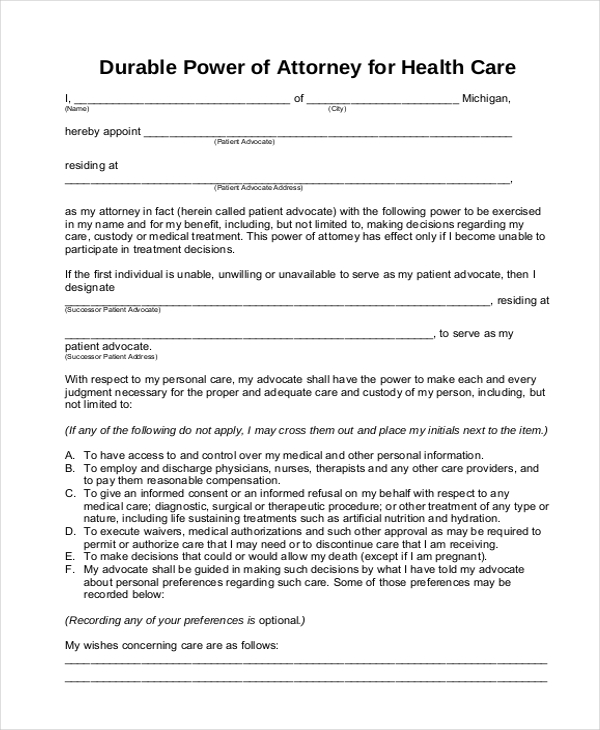Search By Plan Kind
What if I can't afford my health insurance deductible?
A higher deductible means a reduced cost in your insurance premium. For example, say your policy has a line of $5,000 in coverage. A low deductible of $500 means your insurance company is covering you for $4,500. A higher deductible of $1,000 means your company would then be covering you for only $4,000.
Strategies with lower deductibles and also greater premiums are recommended storage.googleapis.com/bestdrugaddictiontreatment/delraybeach.html for individuals that anticipate a substantial quantity of healthcare. Those with persistent ailments, the need to see a number of experts, or possible hospitalizations in the coming year will certainly save more in the long run with a reduced insurance deductible. Also, family members with kids can take advantage of a low-deductible strategy, especially if the children are involved in sporting activities or often ill. High-deductible strategies make good sense for individuals who are normally healthy and balanced, and also for those without kids. It is additionally essential to understand that certain preventative medical solutions may not go through cost-sharing at all.
Can you write off health insurance premiums?
A copay is a fixed amount you pay for a health care service, usually when you receive the service. The amount can vary by the type of service. You may have a copay before you've finished paying toward your deductible. You may also have a copay after you pay your deductible, and when you owe coinsurance.
What if I don't have the money for my deductible?
Negotiate a Payment Plan While your doctor can't waive or discount your deductible because that would violate the rules of your health plan, he or she may be willing to allow you to pay the deductible you owe over time. Be honest and explain your situation up front to your doctor or hospital billing department.

- Most medical insurance plans include a deductible, which is a quantity you need to pay out-of-pocket for your health care prior to your insurance company starts to kick in for covered healthcare solutions.
- An insurance deductible is the quantity of money you must pay by yourself prior to your medical insurance company will begin assisting with your expenditures.
- In general, you will need to pay the full price for covered services up until you have actually reached your yearly deductible, whereupon the insurance provider will certainly begin to pay its portion of your clinical expenses.
- As an example, if your insurance coverage covers 80 percent of your clinical costs, with a $500 annual insurance deductible, you have to pay a minimum of $500 out-of-pocket before the policy begins paying anything.
- Or will we merely have our clinical expenses paid, as well as get to keep the $25,000?
- After you have actually paid $500 in expenditures, the insurance coverage will cover 80 percent of your clinical expenses for the remainder of the calendar year.
you would not have any kind of documentation since there shouldn't be any. But a company, medical facility, whatever, develops the paper out of slim air as well as transforms it over to a debt collector and bad luck? We can't wait for politicians to do anything regarding this.
For instance, if your Addiction Treatment Delray individual insurance deductible is $300, the strategy will certainly start covering your expenditures after you have actually paid $300 out-of-pocket for your own clinical costs. This amount does not consist of any one of your various other member of the family' clinical bills. Your health plan's household insurance deductible is just how much money you have to pay of pocket for all covered family members combined before the plan aids with some medical expenses.
Do you still have a copay after deductible?
If you can't afford to pay your deductible, then there are other options. Sell some of your possessions. Get a payday loan; some states allow for you to get a payday loan from a different state. Wait a few weeks and save up enough money to pay for your car insurance deductible.
You may pay much less cash by having low costs and also a deductible you rarely require. Low-deductible strategies are good for people with chronic conditions or families who anticipate the demand for a number of journeys to the medical professional each year. This maintains your up-front costs lower so you can handle your expenditures more easily.
You might still be responsible for a copayment or coinsurance also after the deductible is met, but the insurance provider is paying a minimum of some quantity of the cost. In the expansive and also typically complex world of medical insurance, a lot of terms are tossed about. These words may be perplexing to a new health insurance customer or anyone attempting to comprehend exactly how health insurance functions.